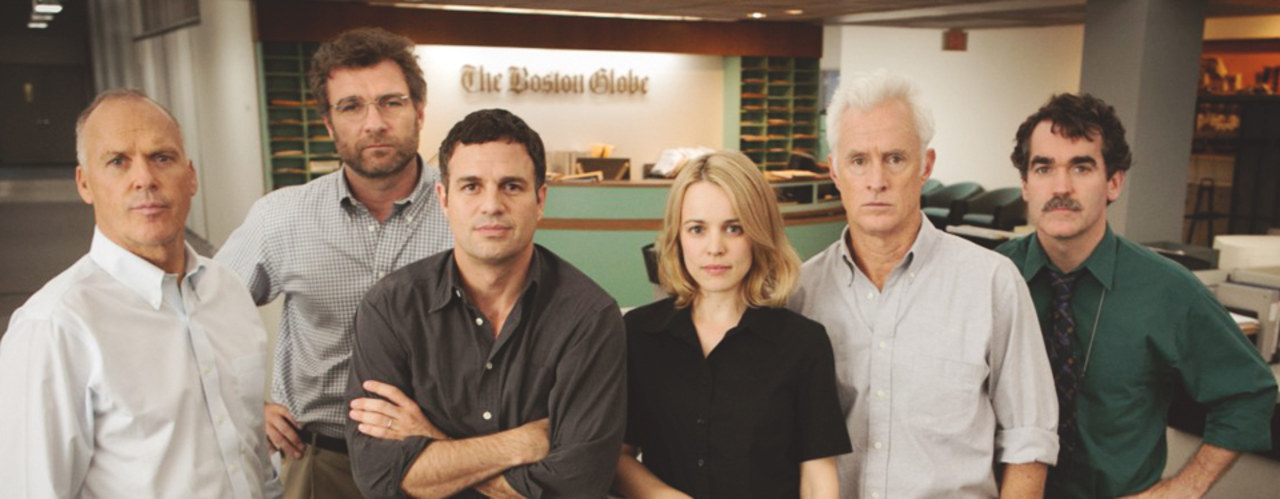There’s a movie scene I’ve been thinking about this week in which a pastor and a journalist sit down to talk about their home city. The pastor offers his help to the newly appointed editor and says, “I find that the city flourishes when its great institutions work together.” The editor replies, “Thank you. But I’m of the opinion that for a paper to best perform its function it needs to stand alone.”
Login to read more
Sign in or create a free account to access Subscriber-only content.
Topics:
